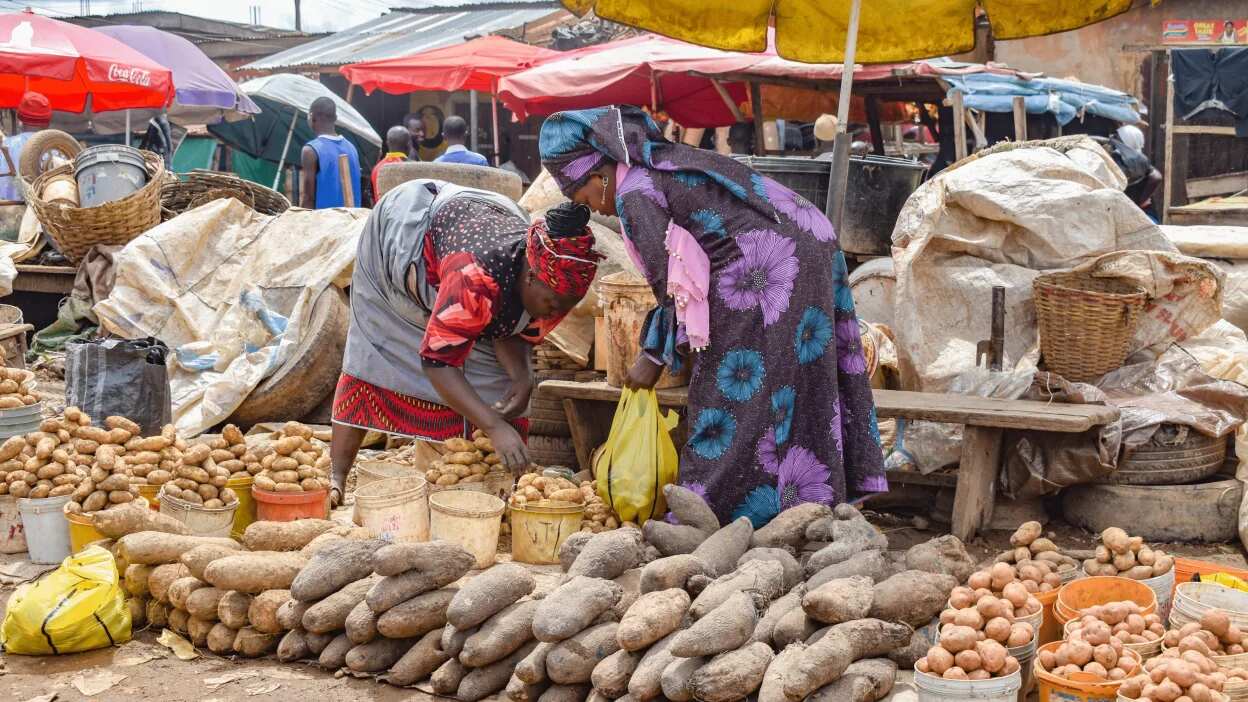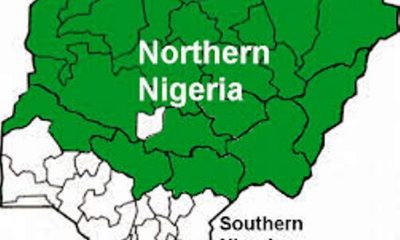News
Nigeria’s Hunger Crisis: Multipronged Strategy Vital To Boost Food Security

-
Insecurity, dilapidated rural infrastructure cripple agricultural production
-
Boko Haram’s attacks on farmers, poor road networks exacerbate food shortages
-
Calls for state policing, ranching, mechanized farming to bolster food supply
Eko Hot Blog reports that, resembling an annual ritual, Boko Haram Islamists beheaded 15 rice farmers harvesting the crop in Borno State last November.
In November 2020, the Islamists had similarly beheaded 76 rice farmers in Zabarmari in the same state.
Editor’s Pick:
- FG Begins New Expatriate Job Policy, Violators Risk N3m Fine
- Price Of Block In Nigeria As Cement Sells For Over N10,000
- Osimhen Misses Chance To Extend Scoring Streak As Napoli Secures Historic Victory Over Juventus.
Unfortunately, the situation is compounded by poor rural roads across the country. Out of its 200,000km road network, 87 per cent is in a deplorable condition, says the World Bank.
In contrast, India built 300,000km of roads between 2000 and 2010, thereby reducing farm losses from 80 to 20 per cent and encouraging citizens to return home to farm.
In this, Nigeria lags. The roads are a death trap, leading to farm losses and a bulwark to the movement of food and raw materials in the country. The state governments should stop making excuses for this; they should prioritize the development of rural roads to ease the agriculture business.
They must tackle the menace of ‘nuisance taxes’ on the roads. These taxes, collected by amorphous non-state actors, hinder the evacuation of produce and add to the final prices of food items.
The Federal Government, which had earlier stated that it would collaborate with states to reduce the number of taxes from over 80 taxes to nine, should unveil its plans on this quickly.
To ensure food security, Tinubu and his National Security Adviser, Nuhu Ribadu, the police, and other security agencies, must be in the driver’s seat of Nigeria’s security architecture.
Urgently, intelligence garnering, coordination, and technology must be deployed to combat the ugly descent into anarchy.
This calls for the urgent establishment of state police across the country. It will go a long way to place proactive measures to combat crime while quickly responding to vicious attacks on farmers and citizens. State governments and the federal and state parliaments should invoke the ‘doctrine of necessity’ to realize state police.

With its high population – estimated at 223 million – Nigeria needs a robust agriculture system to feed the populace. Therefore, it must develop infrastructure to hold excess rainwater for dry-season farming.
The country needs more silos for preserving and storing food. While agriculture contributes 26.3 per cent to Nigeria’s nominal GDP (Q1 2023), it has the potential to contribute 50 per cent to GDP.
The government at the three tiers should support farmers with accountable and transparent incentives while encouraging farming by enabling farmers to secure mechanized farming tools in farm clusters. Low-interest loans should be made available to participants in these clusters.
Further Reading:
- Military Welcomes Sunday Igboho’s Offer To Combat Insecurity In South-West
- Bella Shmurda Opens Up On The Side Effects Of Smoking Weed
- Oyo LG Election: APC Raises Alarm, Threatens To Withdraw Candidates Over BVAS Controversy
Private and cooperative ranching will help to reduce the legitimate angst between farmer-and-herder communities. The Minister of Agriculture and Food Security, Abubakar Kyari, should drive a seamless agriculture architecture.
Nigeria should explore efficient and successful agriculture models within and outside the continent to reduce its high food inflation.
Click here to watch video of the week
Advertise or Publish a Story on EkoHot Blog:
Kindly contact us at [email protected]. Breaking stories should be sent to the above email and substantiated with pictorial evidence.
Citizen journalists will receive a token as data incentive.
Call or Whatsapp: 0803 561 7233, 0703 414 5611
















